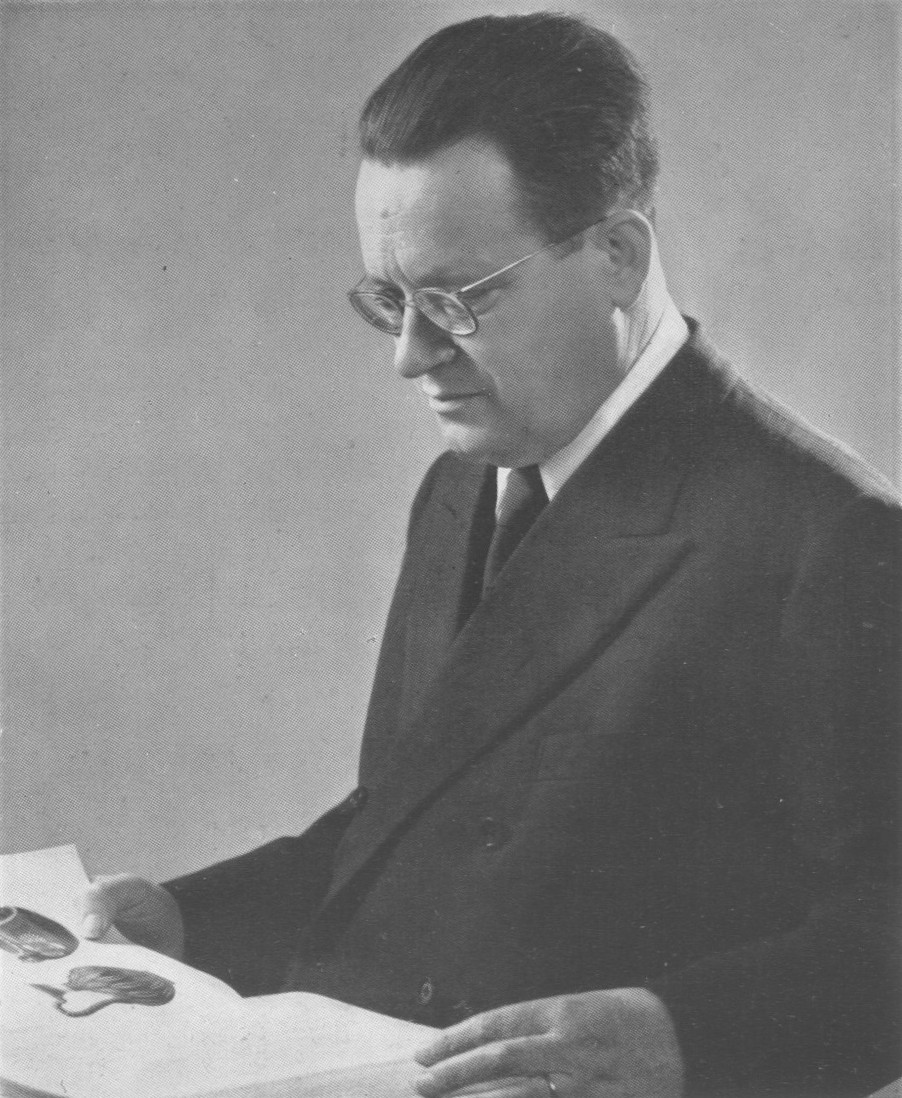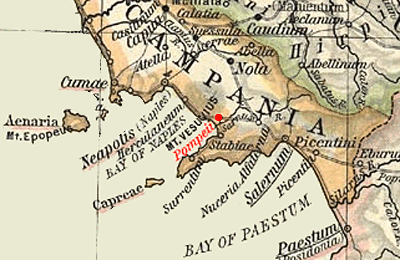|
Terrone
''Terrone'' (; plural , feminine ) is an epithet of the Italian language with which the inhabitants of Northern Italy, Northern and Central Italy Pejorative, depreciatively or jokingly indicate the inhabitants of Southern Italy. Southern Italians, in turn, call Italians from the northern regions ''Polentone, polentoni''. The term certainly originates from the word (Italian language, Italian for "land"), with developments that are not always clear, and was perhaps linked in the past by the denominations of southern areas such as the Terra di Lavoro (in Campania) or the Terra di Bari and the Terra d'Otranto (in Apulia). The word was recorded for the first time in 1950 by Bruno Migliorini, as an appendix to Alfredo Panzini's ''Dizionario moderno'' ("Modern Dictionary") in 1950. Originally only derogatory and racist, over time the term has also acquired a joking meaning among southern Italians themselves. Etymology According to the ''Grande dizionario della lingua italiana'' (" ... [...More Info...] [...Related Items...] OR: [Wikipedia] [Google] [Baidu] |
Polentone
''Polentone'' (; plural , feminine ) is an epithet of the Italian language originally coined with a joking connotation to indicate a great polenta eater and, subsequently, used by the inhabitants of Southern Italy to indicate the inhabitants of Northern Italy in a depreciative sense.Nicola Zingarelli, ''lo Zingarelli 2001. Vocabolario della lingua italiana'', "Polentone", Zanichelli (In Italian) Origin and meaning The first known attestation of the term dates back to 1798, in the form ''polendone'' in a short story by Domenico Batacchi, with the meaning of a slow and lazy personM. Cortelazo, P. Zolli, ''Dizionario etimologico della lingua italiana'', "Polenta" (In Italian) with awkwardness and awkward movements; in this sense it is an ancient Tuscan popular term. With the meaning of "polenta eater", the word was recorded by Bruno Migliorini in 1942 during World War II with the clarification that the term, which had long been widespread among soldiers, then spread to all classes ... [...More Info...] [...Related Items...] OR: [Wikipedia] [Google] [Baidu] |
Peasant
A peasant is a pre-industrial agricultural laborer or a farmer with limited land-ownership, especially one living in the Middle Ages under feudalism and paying rent, tax, fees, or services to a landlord. In Europe, three classes of peasants existed: non-free slaves, semi-free serfs, and free tenants. Peasants might hold title to land outright (fee simple), or by any of several forms of land tenure, among them socage, quit-rent, leasehold, and copyhold. In some contexts, "peasant" has a pejorative meaning, even when referring to farm laborers. As early as in 13th-century Germany, the concept of "peasant" could imply "rustic" as well as "robber", as the English term villain/villein. In 21st-century English, the word "peasant" can mean "an ignorant, rude, or unsophisticated person". The word rose to renewed popularity in the 1940s–1960s as a collective term, often referring to rural populations of developing countries in general, as the "semantic successor to 'native', ... [...More Info...] [...Related Items...] OR: [Wikipedia] [Google] [Baidu] |
Terra Di Lavoro Nel '700
Terra may often refer to: * Terra (mythology), primeval Roman goddess * An alternate name for planet Earth, as well as the Latin name for the planet Terra may also refer to: Geography Astronomy * Terra (satellite), a multi-national NASA scientific research satellite * Terrae, extensive land masses found on various solar system bodies ** List of terrae on Mars ** List of terrae on Venus ** Terra, a highland on the Moon (Luna) * Terrestrial (other), things related to land or the planet Earth Latin and other * ''Terra Australis'' (southern land), hypothetical continent appearing on maps from the 15th to the 18th century * ''Terra incognita'', unknown land, for regions that have not been mapped or documented * ''Terra nullius'', land belonging to no one, nobody's land, empty or desolate land * Terra preta ("black earth"), a type of dark, fertile anthropogenic soil found in the Amazon Basin Places * Terra, Cyprus, a village in the Paphos District of Cyprus * Terra Al ... [...More Info...] [...Related Items...] OR: [Wikipedia] [Google] [Baidu] |
Bruno Migliorini
Bruno Migliorini (; 19 November 1896 – 18 June 1975) was an Italian linguist and philologist. He was the author of one of the first scientific histories of Italian language and was president of the Accademia della Crusca. Biography Migliorini was born in Rovigo. He studied at Ca' Foscari university in Venice, then in the faculty of Letters of the University of Padua. After the Italian defeat in the Battle of Caporetto (1917), his family was forced to move to Rome. There, at the University La Sapienza, he met his masters, the philologists and , and, from 1920, collaborated to , a journal whose founders included De Lollis himself and Giovanni Gentile. He was chief editor of the ''Enciclopedia Italiana'' from 1930 to 1933 when he succeeded as professor of Romance languages and literature at the University of Fribourg, where Migliorini remained until 1938. Thenceforth he was the first professor of the History of Italian Language, a newly created position at the University ... [...More Info...] [...Related Items...] OR: [Wikipedia] [Google] [Baidu] |
Veneto
Veneto, officially the Region of Veneto, is one of the 20 regions of Italy, located in the Northeast Italy, north-east of the country. It is the fourth most populous region in Italy, with a population of 4,851,851 as of 2025. Venice is the region's capital while Verona is the largest city. Veneto was part of the Roman Empire until the 5th century AD. Later, after a Feudalism, feudal period, it was part of the Republic of Venice until 1797. Venice ruled for centuries over one of the largest and richest maritime republics and trade empires in the world. After the Napoleonic Wars and the Congress of Vienna, the Venetian Province, former Republic was combined with Lombardy and re-annexed to the Austrian Empire as the Kingdom of Lombardy–Venetia, until that was Italian unification, merged with the Kingdom of Italy in 1866, as a result of the Third Italian War of Independence and of a Plebiscite of Veneto of 1866, plebiscite. Besides Italian language, Italian, most inhabitan ... [...More Info...] [...Related Items...] OR: [Wikipedia] [Google] [Baidu] |
Classist
Class discrimination, also known as classism, is prejudice or discrimination on the basis of social class. It includes individual attitudes, behaviors, systems of policies and practices that are set up to benefit the upper class at the expense of the lower class. Social class refers to the grouping of individuals in a hierarchy based on wealth, income, education, occupation, and social network. Studies show an intersection between class discrimination and racism and sexism. Legislation shows efforts to reduce such intersections and classism at an individual level. History Class structures existed in a simplified form in pre-agricultural societies, but it has evolved into a more complex and established structure following the establishment of permanent agriculture-based civilizations with a food surplus. Segregation into classes was accomplished through observable traits (such as race or profession) that were accorded varying statuses and privileges. Feudal classification syste ... [...More Info...] [...Related Items...] OR: [Wikipedia] [Google] [Baidu] |
Blend Word
In linguistics, a blend—also known as a blend word, lexical blend, or portmanteau—is a word formed by combining the meanings, and parts of the sounds, of two or more words together.Garner's Modern American Usage p. 644. English examples include '' smog'', coined by blending ''smoke'' and ''fog'', and '''', from ''motor'' ('' motorist'') and ''hotel''. A blend is similar to a [...More Info...] [...Related Items...] OR: [Wikipedia] [Google] [Baidu] |
Terra Di Otranto
The Terra di Otranto, or Terra d'Otranto (in English, Land of Otranto), is an historical and geographical region of Apulia, largely corresponding to the Salento peninsula, anciently part of the Kingdom of Sicily and later of the Kingdom of Naples, which became a province of the Kingdom of the Two Sicilies. After the unification of Italy in the 1860s, most of the area was renamed as the province of Lecce. History Since the eleventh century, have formed an integral part of the Terra d'Otranto the territories of today's provinces of Lecce, Taranto and Brindisi (with the exception of Fasano, Cisternino) and, until 1663, there had also included the territory of Matera. Constituted executioner, the territory remained the administrative organization in the Kingdom of Sicily Kingdom of Naples and the next. Its capital was, at first, Otranto, but, during the Norman period (twelfth century), the city's canal was replaced by Lecce. Geography The Otranto was bounded on the north with ... [...More Info...] [...Related Items...] OR: [Wikipedia] [Google] [Baidu] |
Kingdom Of The Two Sicilies
The Kingdom of the Two Sicilies () was a kingdom in Southern Italy from 1816 to 1861 under the control of the House of Bourbon-Two Sicilies, a cadet branch of the House of Bourbon, Bourbons. The kingdom was the largest sovereign state by population and land area in Italy before the Italian unification, comprising Sicily and most of the area of today's ''Mezzogiorno'' (southern Italy) and covering all of the Italian peninsula south of the Papal States. The kingdom was formed when the Kingdom of Sicily merged with the Kingdom of Naples, which was officially also known as the Kingdom of Sicily. Since both kingdoms were named Sicily, they were collectively known as the "Two Sicilies" (''Utraque Sicilia'', literally "both Sicilies"), and the unified kingdom adopted this name. The king of the Two Sicilies was Expedition of the Thousand, overthrown by Giuseppe Garibaldi in 1860, after which the people voted in a plebiscite to join the Kingdom of Sardinia (1720–1861), Kingdom of Sardi ... [...More Info...] [...Related Items...] OR: [Wikipedia] [Google] [Baidu] |
Kingdom Of Naples
The Kingdom of Naples (; ; ), officially the Kingdom of Sicily, was a state that ruled the part of the Italian Peninsula south of the Papal States between 1282 and 1816. It was established by the War of the Sicilian Vespers (1282–1302). Until then, the island of Sicily and southern Italy had constituted the "Kingdom of Sicily". When the island of Sicily revolted and was conquered by the Crown of Aragon, it become a separate kingdom also called the Kingdom of Sicily. This left the Neapolitan mainland in the possession of Charles of Anjou who continued to use the name "Kingdom of Sicily". Later, two competing lines of the Angevin family competed for the Kingdom of Naples in the late 14th century, which resulted in the murder of Joanna I at the hands of her successor, Charles III of Naples. Charles' daughter Joanna II adopted King Alfonso V of Aragon as heir, who would then unite Naples into his Aragonese dominions in 1442. As part of the Italian Wars, France briefly r ... [...More Info...] [...Related Items...] OR: [Wikipedia] [Google] [Baidu] |
Ancient Campania
Ancient Campania (often also identified as Campania Felix or ager Campanus) originally indicated the territory of the ancient city of Capua in the Roman period, and later also the plains of the various neighbouring municipalities. It was a very large territory when compared with the other Italic cities of the Roman and pre-Roman period. Etymology According to the Roman philologist Sextus Pompeius Festus ( II century BC), the pre-Roman name of Campania was ''Oscor'', the name from which the Osci peoples who lived there (''Osci enim a Regione Campaniæ, quae est Oscor, vocati sunt.''). The toponym Campania, dating back to the fifth century BC, is of classical origin. The most accredited hypothesis is that it derives from the name of the ancient inhabitants of Capua. From Capuani, in fact, we would have Campani and, therefore, Campania; furthermore, both Livio and Polybius say of an ''Ager Campanus'' with a clear reference to Capua and the surrounding area. Geography Campania ... [...More Info...] [...Related Items...] OR: [Wikipedia] [Google] [Baidu] |








